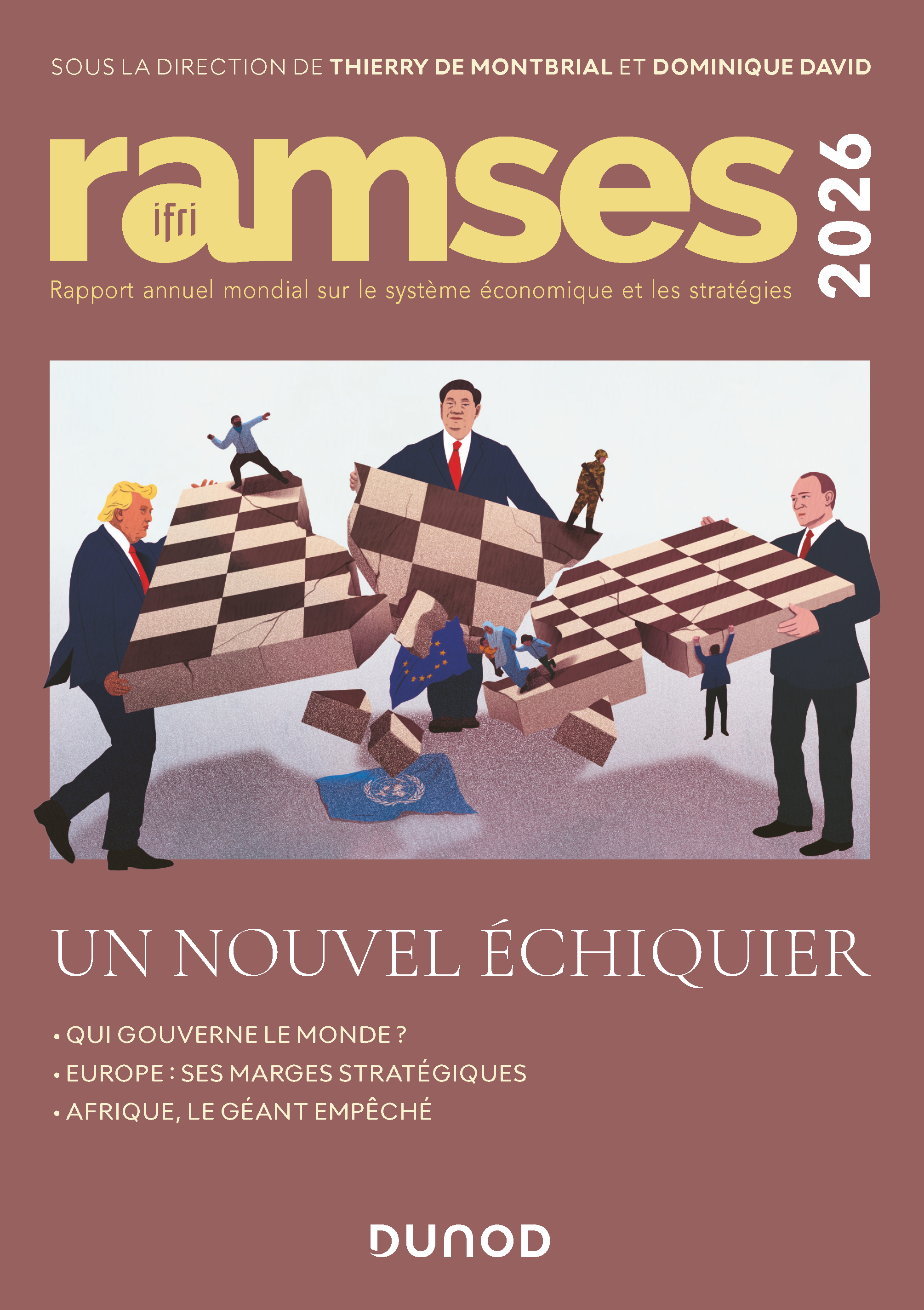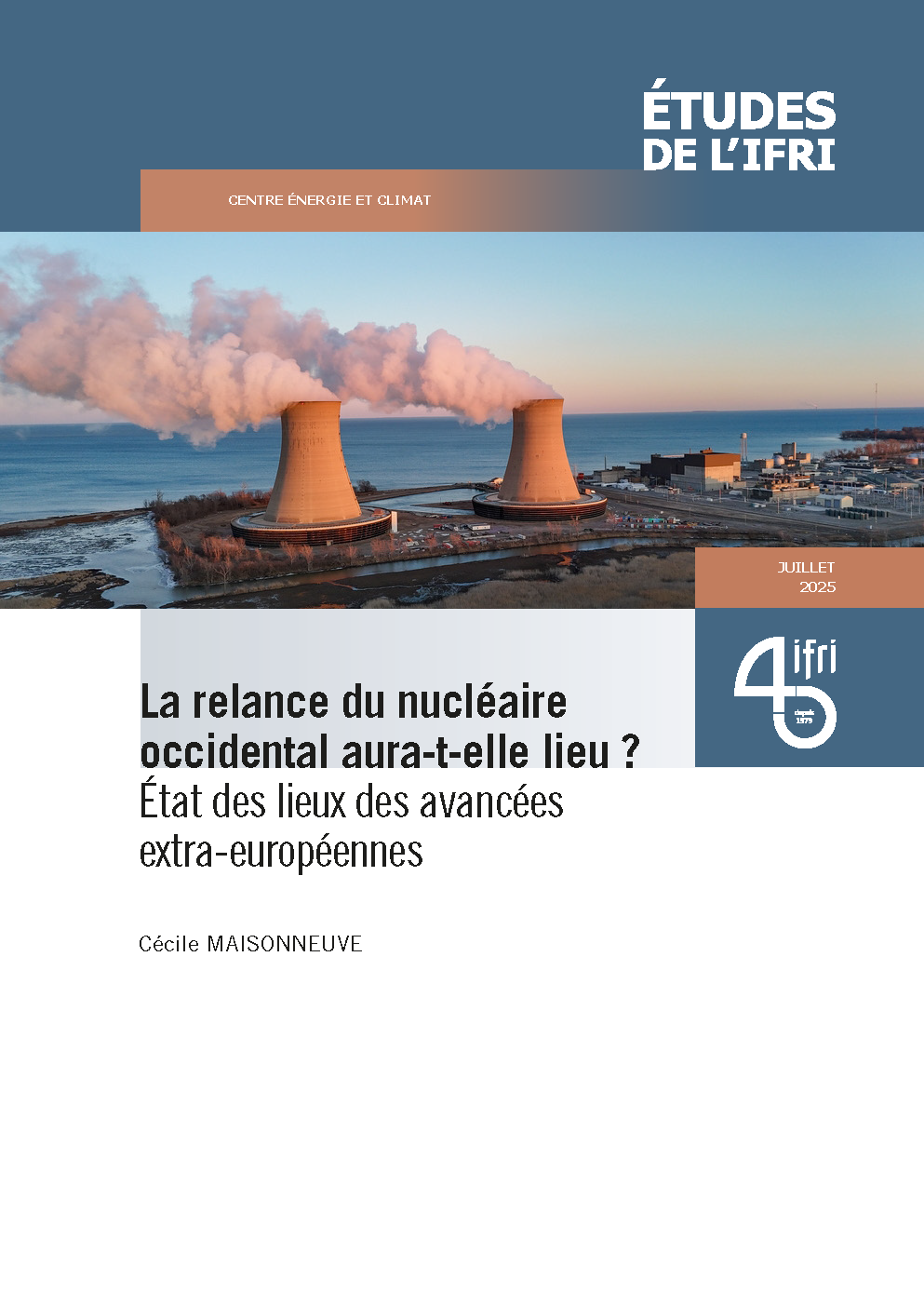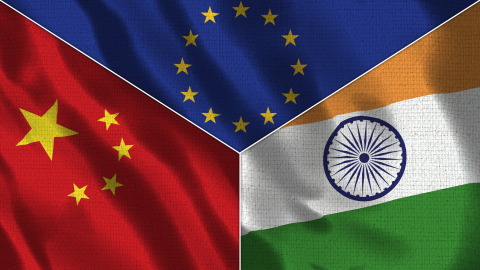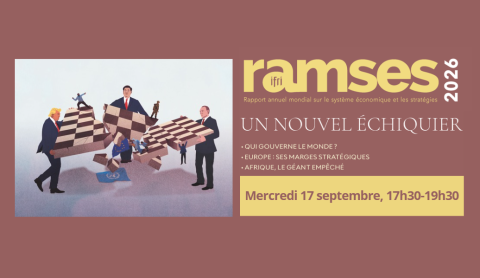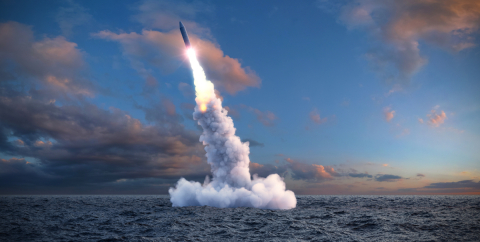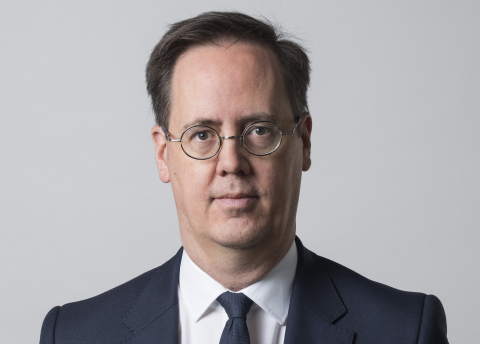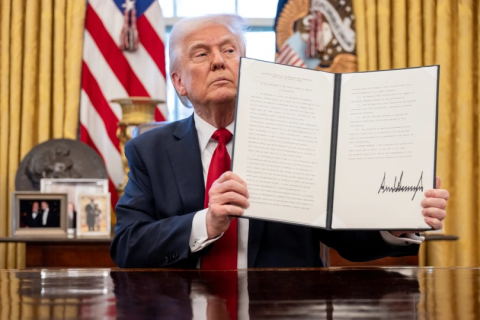European Unconventional Gas Developments: Environmental Issues and Regulatory Challenges in the EU and the US

Informations pratiques
Thématiques et régions
Centres et programmes liés
Ceci est un événement réservé.
En savoir plus sur nos programmes de soutienA conference hosted by the Atlantic Council of the United States and l'Institut français des relations internationales Unconventional gas production has recently seen rapid growth in the United States, and brought with it its share of technical, environmental and social issues. Despite these issues, which are the subject of a current Environmental Protection Agency review, it is thought that unconventional gas might play a major role in the future energy makeup of the United States. Europe also has reserves of unconventional gas - in the form of tight sands and coal bed methane as well as shale gas - which may be exploited in the near future if it is viable to do so. It is thus advantageous for Europeans and Americans alike to seek to gain a better understanding of the issues surrounding this new energy source.
Following a preliminary workshop in Washington DC hosted by the Atlantic Council on 25th January 2011, and two previous workshops held by Ifri in Brussels on 7th May and 29th September 2010, the two organisations will collaborate to convene a further meeting in Brussels on the 14th March. This meeting will aim to collate views from both sides of the Atlantic in order to gain a better understanding of environmental issues related to unconventional gas resources, with a particular focus on the issue of public acceptance.
Replay
Sujets liés
Autres événements

De l’Alaska à Washington : la paix est-elle désormais plus proche en Ukraine ?
Un brief de 30 minutes autour de Tatiana Kastoueva-Jean, Directrice du Centre Russie de l'Ifri
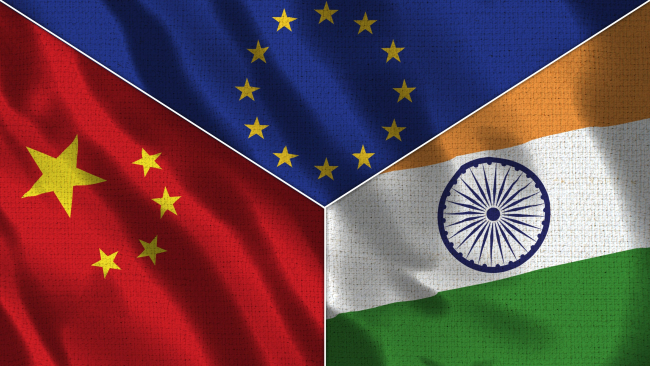
La reconfiguration du triangle Europe-Inde-Chine à l’aune de l’administration Trump 2
Un déjeuner-débat autour de Sylvia Malinbaum, chercheuse et responsable de la recherche sur l'Inde et l'Asie du Sud au Centre Asie de l'Ifri et

Un nouvel échiquier. Présentation du Ramses 2026
Un échiquier mondial haché par les vertiges de puissance. Un spectre hante le monde : la fragmentation - après des décennies chantant l'ouverture et l'unification sous le signe du progrès technique et de l'accélération des échanges. On passerait ainsi d'un espace mondialisé à un espace haché, émietté en égoïsmes nationaux, intérêts égoïstes insoucieux des autres, effaçant au passage l'espoir d'une gouvernance faisant écho aux intérêts communs d'une humanité unie.


